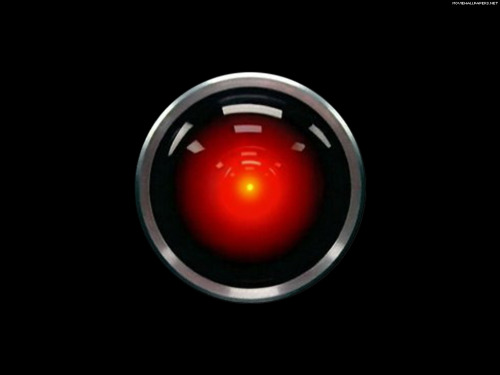The first ever control system that allows satellites or spacecraft to think for themselves has been developed. Professor Sandor Veres from the University of Southampton and his team of engineers have developed an artificially intelligent control system called 'sysbrain'.
Sysbrain can read special English language technical documents using Natural Language Programming (NPL). The vehicle thereby gains advanced guidance and feedback and navigation capabilities. This can be used to better prevent crashes with other objects as well as give the vehicle the ability to adapt during missions, identify problems or carry out repair works. It can also give the vehicle the option to decide for itself how to best carry out a task based on the situation.
Special English or (sEnglish or system English) is a simplified version of English that has been used since the 1950s in special American broadcasts around the world. It uses simple grammar and vocabulary, which makes it possible for sysbrain to understand it. In the future instead of writing an update for the software, we might just write a technical paper for sysbrain to read to enhance its physical and problem solving skills.
The system could not just be applied to spacecraft, but also to other types of autonomous vehicles, be that underwater, ground or in air.
This is what I'm thinking:
 |
| “I’m sorry, Dave. I’m afraid I can’t do that.” |
Science fiction becoming true.
ReplyDeleteLiteraly made a reference to the almighty HAL3000 a few minutes ago. 2001: a space odyssey truly legendary film!
ReplyDeleteGood post
Our dependence on technology is crazy. i mean, that's progress but it makes you think where it'll end.
ReplyDeleteAnd I'm only starting to learn C++ lol
ReplyDeletejust like that IMB Watson
ReplyDeleteSatellites that can think for themselves? You ever read Demon Seed?
ReplyDeletesounds like a similar technology used in the computer put on jeopardy. Also lets call it skynet and see if it finds out its name on the internet then watches Terminator 2
ReplyDeleteScary!
ReplyDeleteFollowed. It won't be the humans programming the computers, but the other way round, sooner than you might think.
ReplyDeleteCool blog you have here, supporting
ReplyDeletewow thats crazy! but kinda cool
ReplyDeletegood morning dave....the future is a scary place!
ReplyDeleteBeginning of the end. HERE COME THE TERMINATORS!!
ReplyDeleteExactly. Skynet here we come.
ReplyDeleteClever stuff
ReplyDeleteim sorry dave.. but im afraid... I HAVE TO KILL YOU!!!
ReplyDeleteAmazing post! This sort of news always excites me and freaks me out at the same time 0_0 I am in love with the possibility of artificial intelligence becoming a reality!
ReplyDeleteI for one welcome our new Robot overlords.
ReplyDeleteI hate robots. Playing chess, and being voiced by peter cullen.
ReplyDeleteWho do they think they are?
When will Mankind learn. You DON'T give a machine, that is meant to transport Humans in space, the ability to LEARN!!! There have been many movies on this same premise, I tend to believe them.
ReplyDeleteHAL9000 is the fucking boss xD
ReplyDeleteOne minute they're flying our space craft - next thing human extermination - haven't these people heard of Jon Conner?
ReplyDeletelol at the HAL reference. cool stuff.
ReplyDeletewell maybe HAL could turn out to be a cool guy,
ReplyDeletelike in "Moon", this guy was very gentle!
it'll be like watson on jeopardy but with the ability to colonize space, LOL.
ReplyDeleteSkynet is in march
ReplyDeleteI don't think there's any reason to seriously believe that AI HAS to lead to catastrophe. There've been too many movies on the subject, now everyone's an expert!
ReplyDeleteThe thing is that anyone working in this sort of field is just as geeky as the rest of us, and knows these movies well. They're not stupid, they're not insane. Limitations will be programmed in similar to Asimov's laws, I'm sure.
It may be risky business but it isn't skynet until it's skynet!!